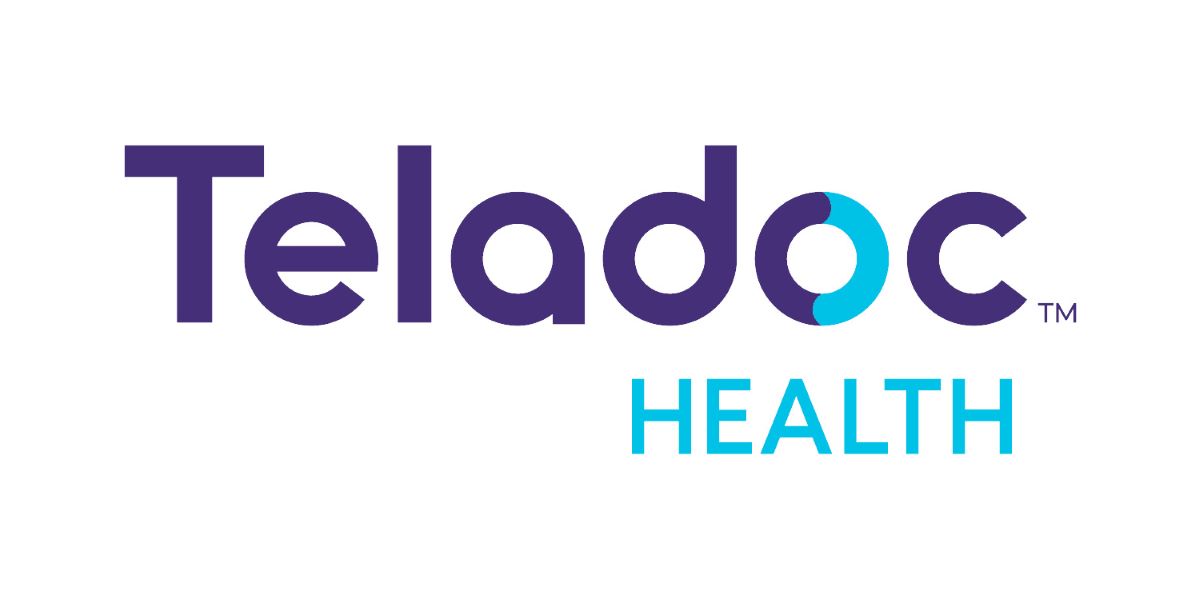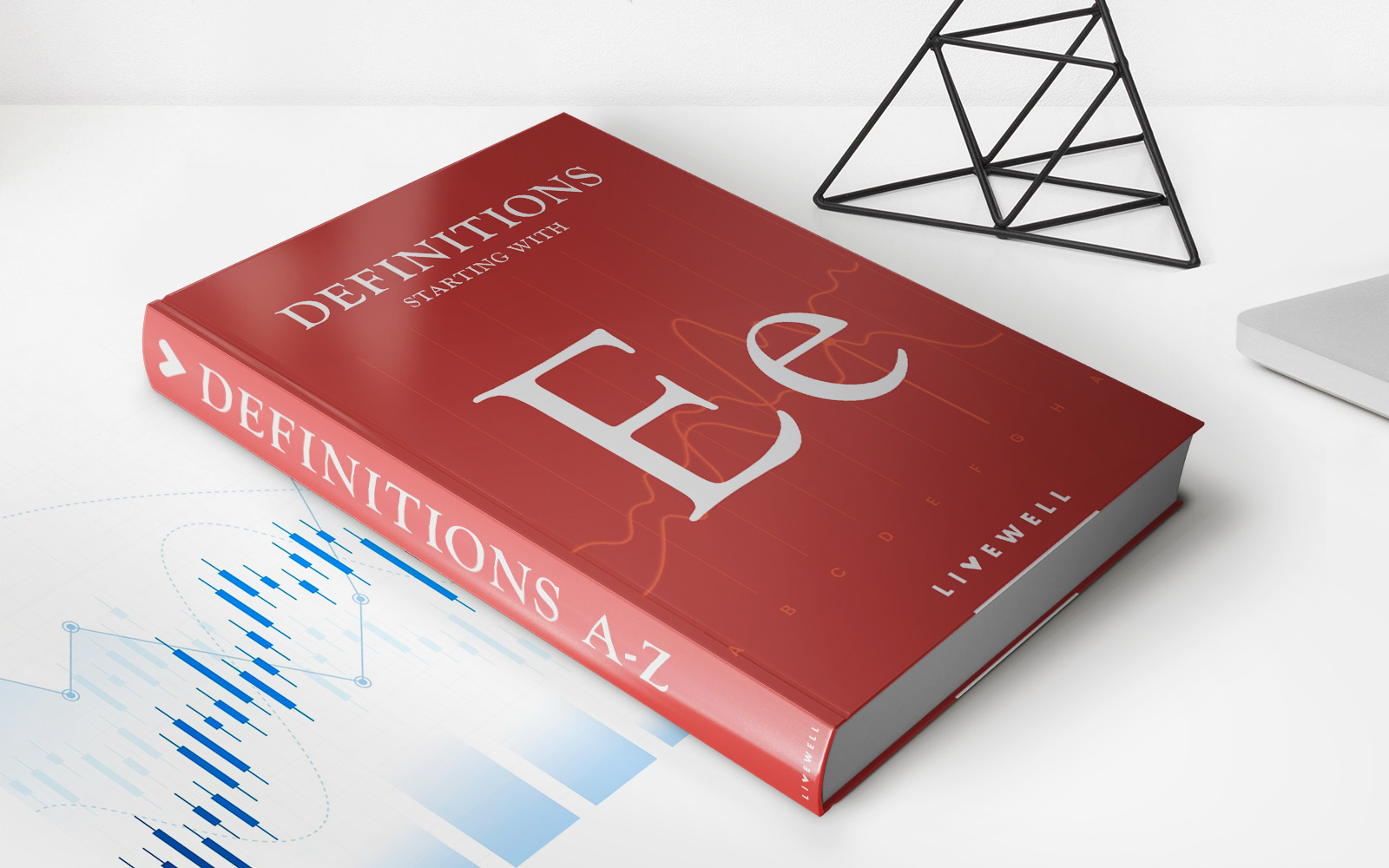

Finance
What States Accept Electronic Insurance Cards
Published: November 22, 2023
Discover which states accept electronic insurance cards and streamline your finance process. Stay up to date with digital solutions for insurance on your mobile device.
(Many of the links in this article redirect to a specific reviewed product. Your purchase of these products through affiliate links helps to generate commission for LiveWell, at no extra cost. Learn more)
Table of Contents
Introduction
Insurance is a crucial component of our daily lives, providing us with protection and peace of mind in the face of unexpected events. Traditionally, insurance policies have been accompanied by physical insurance cards that need to be carried in our wallets or vehicles as proof of coverage.
However, with the advancements in technology, the insurance industry has embraced digital innovation in the form of electronic insurance cards. These cards, also known as digital insurance cards or e-cards, have gained popularity due to their convenience, accessibility, and environmental benefits.
In this article, we will explore how electronic insurance cards work, the benefits they offer, and which states accept them as a valid form of proof of insurance. Whether you’re a tech-savvy individual looking to streamline your insurance experience or simply curious about the evolution of insurance practices, this article will provide you with valuable insights.
So, let’s delve into the world of electronic insurance cards and discover how they are revolutionizing the way we carry and present proof of insurance.
How Electronic Insurance Cards Work
Electronic insurance cards function as a digital alternative to the traditional physical insurance cards. Instead of carrying a physical card, policyholders can now present their insurance information through a digital format, typically on their smartphone or other electronic devices.
When a policyholder purchases an insurance policy, the insurance provider will typically provide them with access to an online portal or a mobile app where they can view and manage their policy details. Within this digital platform, policyholders can access their electronic insurance card, which contains all the necessary information about their coverage.
The electronic insurance card typically includes essential details such as the policyholder’s name, insurance policy number, effective dates of coverage, and the contact information of the insurance provider. Some digital cards may also include a barcode or QR code for easy scanning in situations where the card needs to be verified.
One of the key advantages of electronic insurance cards is their ease of use and accessibility. Since most people carry their smartphones with them at all times, having the digital insurance card readily available eliminates the need to remember to carry a physical card and reduces the risk of losing or damaging it.
It’s important to note that electronic insurance cards are legally recognized in many states, as they comply with the requirements set by state insurance departments. However, it’s crucial to familiarize yourself with the specific regulations and guidelines in your state to ensure compliance.
Next, we will explore the numerous benefits that electronic insurance cards offer to policyholders.
Benefits of Electronic Insurance Cards
Electronic insurance cards offer a plethora of benefits to policyholders, making them a popular choice among tech-savvy individuals. Here are some key advantages of using electronic insurance cards:
- Convenience: Carrying a physical insurance card can be cumbersome and easily misplaced. With electronic insurance cards, policyholders can conveniently access their insurance information directly from their smartphones or other electronic devices at any time.
- Accessibility: Electronic insurance cards can be accessed instantly, eliminating the need to wait for a physical card to arrive in the mail. Policyholders can view and download their digital cards from their insurer’s online portal or mobile app, ensuring easy access to their insurance information.
- Environmentally Friendly: By transitioning to electronic insurance cards, we can significantly reduce paper waste. With the growing concern for environmental sustainability, digital cards offer a greener alternative by eliminating the need for printing and distributing physical cards.
- Easy Updates: In the event of policy changes or updates, electronic insurance cards can be easily updated to reflect the new information. This eliminates the need to wait for a new physical card to be issued, saving time and ensuring that policyholders always have the most up-to-date information.
- Reduced Risk of Loss or Damage: Physical insurance cards can be lost, damaged, or misplaced. With electronic insurance cards, there is no need to worry about these risks. The digital format allows policyholders to securely store and access their insurance information without the risk of physical damage or loss.
- Efficient Claims Process: In the unfortunate event of an accident or loss, electronic insurance cards can expedite the claims process. Policyholders can easily access and share their insurance information with law enforcement authorities or other parties involved, streamlining the claims filing process.
These benefits make electronic insurance cards an attractive option for policyholders looking for a more streamlined and convenient way to access and present their insurance information. Now, let’s explore which states accept electronic insurance cards as a valid form of proof of insurance.
States that Accept Electronic Insurance Cards
Electronic insurance cards have gained recognition and acceptance in many states across the United States as a valid form of proof of insurance. The specific regulations regarding electronic insurance cards can vary by state, so it’s essential to familiarize yourself with the requirements in your particular state.
Here are some states that accept electronic insurance cards:
- California: California is one of the states that allows the use of electronic insurance cards. Policyholders can present their digital insurance cards during traffic stops or other situations where proof of insurance is required.
- Texas: In Texas, electronic insurance cards are considered acceptable proof of insurance. Policyholders can display their digital cards on their smartphones or other electronic devices when necessary.
- Florida: Florida permits the use of electronic insurance cards. Policyholders in the Sunshine State can easily access and present their digital cards when required to demonstrate proof of insurance.
- New York: Electronic insurance cards are recognized in New York State. Policyholders can display their digital cards using their smartphones or other electronic devices to provide proof of insurance when needed.
- Illinois: Illinois is another state that accepts electronic insurance cards. Policyholders can access their digital cards electronically and present them in situations requiring proof of insurance.
These are just a few examples of states that accept electronic insurance cards. It’s important to note that the acceptance of digital cards can change over time as states update their regulations. Therefore, it’s essential to stay informed about the latest requirements in your state.
Now that we’ve explored states that accept electronic insurance cards, let’s delve into states that do not recognize them as valid proof of insurance.
States that Do Not Accept Electronic Insurance Cards
While many states have embraced electronic insurance cards as a convenient and acceptable form of proof of insurance, there are still some states that do not recognize digital cards. It’s important to be aware of these states to ensure compliance with their specific requirements.
Here are a few states that currently do not accept electronic insurance cards:
- Michigan: As of now, Michigan does not accept electronic insurance cards as proof of insurance. Policyholders in Michigan are required to carry a physical insurance card at all times.
- Alabama: In Alabama, digital insurance cards are not considered valid proof of insurance. Policyholders must possess a physical card issued by their insurance provider for verification purposes.
- North Carolina: North Carolina is another state that does not currently accept electronic insurance cards. Policyholders in North Carolina must carry a physical insurance card to fulfill the requirement of proof of insurance.
- Louisiana: Policyholders in Louisiana are also required to carry a physical insurance card. Digital insurance cards are not recognized as valid proof of insurance in this state.
- Georgia: Georgia is among the states that have not yet embraced electronic insurance cards. Policyholders in Georgia must have a physical insurance card in their possession to meet the proof of insurance requirement.
It’s important to keep in mind that the regulations regarding electronic insurance cards can change over time, as states update their laws and policies. It’s advisable to regularly check for updates and stay informed about the specific guidelines in your state.
Now that we’ve covered states that do not accept electronic insurance cards, let’s explore how to use electronic insurance cards in states that do recognize them.
How to Use Electronic Insurance Cards in Accepting States
If you reside in a state that recognizes electronic insurance cards as a valid form of proof of insurance, it’s essential to understand how to effectively use and present your digital card when needed. Here are some steps to follow:
- Download and store your digital card: Once your insurance provider has provided you with access to your electronic insurance card, download it onto your smartphone or other electronic device. Ensure that you have easy access to the digital file when required.
- Ensure your digital card is accessible offline: It’s crucial to store a downloadable copy of your electronic insurance card, as you may encounter situations where you don’t have an internet connection. Downloading your card and making it available offline ensures that you can access it even without an internet connection.
- Familiarize yourself with the regulations: Each state may have specific guidelines regarding the presentation of electronic insurance cards. Take the time to familiarize yourself with the regulations in your state to ensure that you comply with any specific requirements.
- Display your digital card with clarity: When presenting your electronic insurance card, make sure the information is displayed clearly on your device’s screen. Avoid any cracked or damaged screens that may hinder verification.
- Understand how to share your digital card: In situations where you need to share your electronic insurance card, such as during a traffic stop, understand how to provide the necessary information to the requesting party. This could involve showing the digital card on your device screen or scanning any barcode or QR code if provided.
- Keep a backup copy: It’s always a good idea to keep a backup copy of your electronic insurance card, either in printed form or stored on a separate electronic device. This serves as an extra precaution in case your primary device is lost, damaged, or not accessible.
By following these steps, you can effectively use your electronic insurance card in states that recognize them, ensuring that you are prepared to provide proof of insurance whenever required.
Now, let’s conclude our exploration of electronic insurance cards.
Conclusion
Electronic insurance cards have revolutionized the way we carry and present proof of insurance. Their convenience, accessibility, and environmental benefits have made them a popular choice among policyholders in many states. However, it’s important to note that regulations regarding electronic insurance cards can differ from state to state.
If you reside in a state that accepts electronic insurance cards, make sure to download and store your digital card on your smartphone or other electronic device. Familiarize yourself with the specific regulations in your state and ensure that your digital card is easily accessible, even offline.
Electronic insurance cards offer a range of benefits, including convenience, accessibility, and the ability to easily update information. They also support sustainability efforts by reducing paper waste and the need for physical cards.
While many states have embraced electronic insurance cards, it is crucial to be aware of states that do not yet recognize them. If you reside in a state that does not accept digital cards, ensure that you carry a physical insurance card at all times.
Understanding how to effectively use and present your electronic insurance card is essential. Display your digital card clearly, follow any specific state regulations, and keep a backup copy as a precautionary measure.
As technology continues to advance, it is likely that more states will recognize and accept electronic insurance cards as a valid form of proof of insurance. It’s important to stay informed and up-to-date with the latest guidelines in your state.
In conclusion, electronic insurance cards have simplified and modernized the insurance experience, offering numerous benefits to policyholders. Whether you are in a state that accepts digital cards or not, understanding their usage and compliance with state regulations is key to ensuring a smooth and hassle-free insurance journey.














